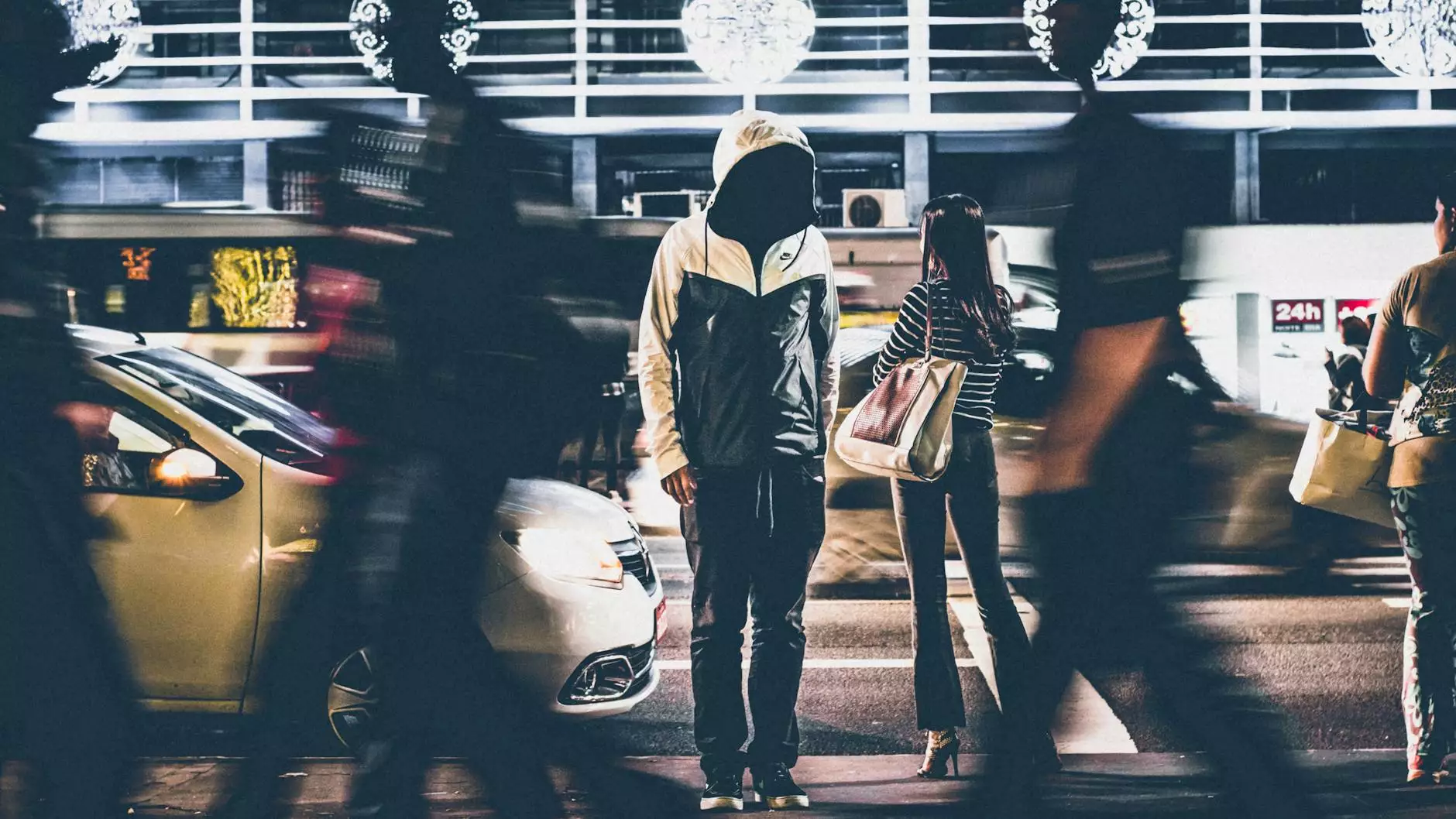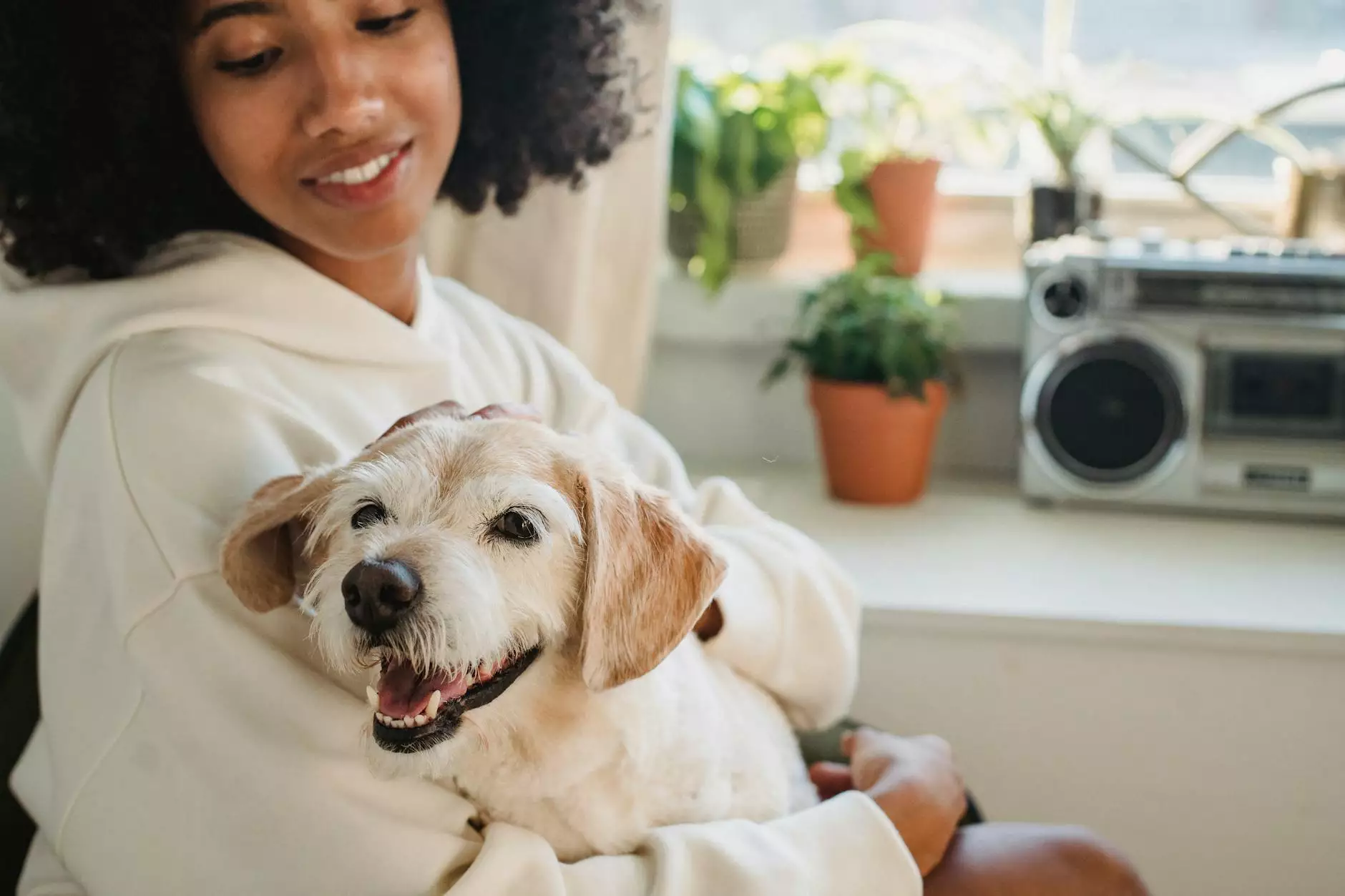Why Chaining Your Dog Is Not the Answer
Dog Care
Introduction
Welcome to the Wisconsin Adventures blog, where we discuss important topics related to travel, tourism, and responsible pet ownership. In this article, we address the practice of chaining dogs and why it is not an appropriate solution for responsible dog owners. We delve into the negative impact it has on your furry friend's physical and mental well-being, and provide alternative options for ensuring your dog's safety while still allowing them to lead a fulfilling life.
The Negative Effects of Chaining
Chaining your dog may seem like an easy way to keep them contained, but it can have severe consequences on their overall health and happiness. Dogs are social animals, and restricting their movement to a specific area for extended periods can lead to various negative effects.
1. Physical Health Issues
When dogs are constantly chained, they face a higher risk of developing physical health problems. Lack of exercise can lead to weight gain, muscle atrophy, and joint stiffness. Restricted movement also impacts their cardiovascular health and can contribute to the development of heart disease. Furthermore, chained dogs are exposed to the elements which can negatively affect their overall condition. Extreme weather conditions, such as heatwaves or freezing temperatures, can cause dehydration, heatstroke, or hypothermia.
2. Behavioral Problems
Chained dogs often exhibit a range of behavioral issues as a result of their confinement. They may become more anxious, aggressive, or fearful due to the lack of socialization and stimulation. Boredom can lead to excessive barking, digging, or chewing, which can be frustrating for both the dog and their owner. Dogs are meant for companionship, and chaining deprives them of the opportunity to interact with their human family and other animals.
Responsible Alternatives to Chaining
As advocates for responsible dog ownership, we encourage owners to explore alternative options that provide safety and freedom for their furry companions. Consider the following alternatives:
1. Secure Fenced Enclosure
Building a secure fenced enclosure in your yard allows your dog to have ample space to roam and play while preventing them from straying. Ensure the fence is of an appropriate height and that there are no gaps or weak spots where your dog could escape. Supervise your dog during outdoor time to ensure their safety.
2. Dog Runs and Play Areas
Constructing a designated dog run or play area within your property provides dogs with a safe and designated space to exercise and enjoy the outdoors. These areas can be customized to suit your dog's needs, and they allow for more physical activity and mental stimulation compared to chaining.
3. Leashed Walks and Outdoor Adventures
Regular leashed walks and outdoor adventures are essential for your dog's well-being. Explore local parks, hiking trails, or dog-friendly beaches to give your dog the opportunity to socialize with other pets and enjoy new sensory experiences. Remember to always clean up after your dog and keep them leashed where required.
The Importance of Responsible Dog Ownership
It is crucial to understand that owning a dog comes with responsibilities that extend beyond basic care. Responsible dog ownership involves ensuring your pet's physical and mental needs are met. This includes providing proper nutrition, regular exercise, socialization, and access to veterinary care.
1. Training and Socialization
All dogs, regardless of their breed or size, should undergo proper training and socialization. This helps them become well-rounded companions and reduces the risk of behavioral issues. Seek professional training if needed and expose your dog to different environments, people, and animals to develop their social skills.
2. Regular Veterinary Care
Schedule regular check-ups with a trusted veterinarian to ensure your dog's health and well-being. Vaccinations, parasite prevention, dental care, and early detection of health issues are crucial for their overall longevity. A healthy dog is a happy dog.
3. Nutritious Diet
Feed your dog a balanced and nutritious diet that meets their specific dietary requirements. Consult with your veterinarian to determine the best food options for your furry friend. Avoid feeding excessive treats or human foods that may be harmful to their health.
Conclusion
Chaining your dog is not the answer when it comes to responsible dog ownership. It has numerous negative effects on their physical and mental well-being. Instead, opt for alternatives like secure fenced enclosures, dog runs, leashed walks, and outdoor adventures that allow your dog to lead a fulfilling life while ensuring their safety. Remember, being a responsible dog owner means prioritizing their needs, nurturing their well-being, and embracing the rewarding journey of having a loyal and happy companion.










